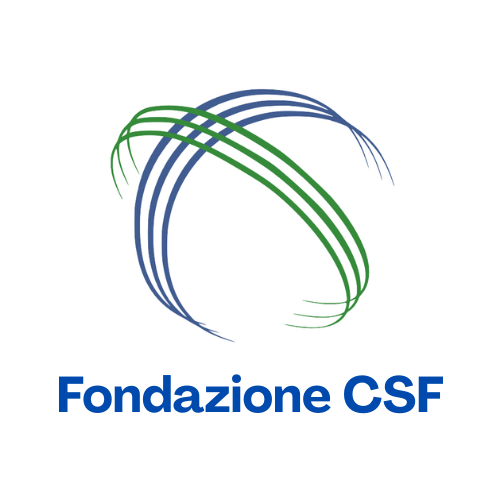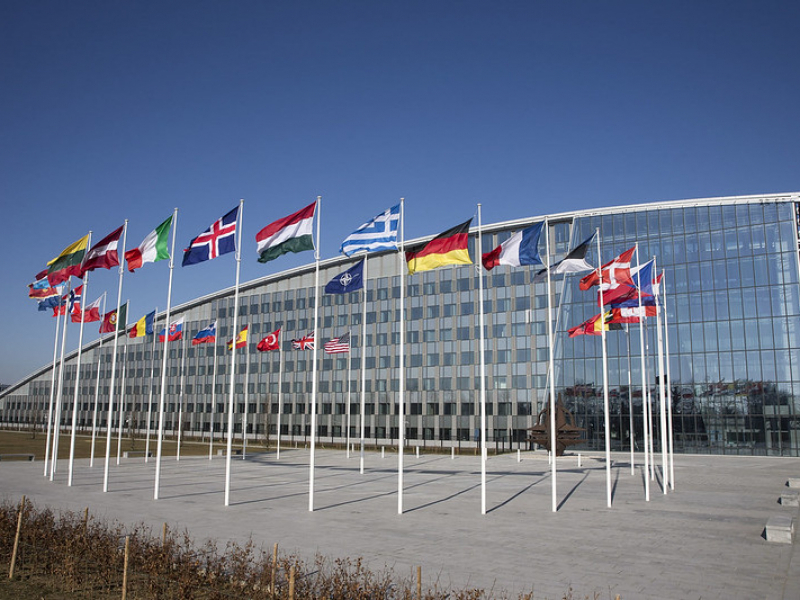Domenico Moro
Commentary no. 248 - 27 June 2022
A NATO summit to be held in Madrid on 29th and 30th June is expected to approve the new Strategic Concept. The Atlantic Alliance's military strategy is generally updated every ten years, and it must now take into account a global geopolitical scenario that has changed profoundly since 2010. The Russian invasion of Ukraine is the most immediate factor in the changed scenario, but the structural issue is another factor, as an interview with NATO Secretary Jens Stoltenberg, and a recent paper by Luis Simón (Elcano Royal Institute) published online in NATO Review, make clear.
They point out that the centre of gravity of global politics, anchored for two centuries in the Euro-Atlantic region, is now shifting to the Indo-Pacific region. At present, especially from the U.S. point of view, the NATO mission should increasingly take account of this shift and should no longer operate as a regional mission, as it has been doing, but as a global mission that would take on the issue of security in the Indo-Pacific.
These experts certainly take into consideration European concerns following the Russian invasion of Ukraine, but they try to show, albeit in a circumlocutory way, in particular the paper by political scientist Luis Simón, that aggressive Russian policy is the result of the shifting of the centre of gravity of world politics. In any case, it is important to clarify that this is the main concern of the US, while in Europe it is still assumed that the war in Ukraine has drawn American attention again on to European security, when in fact it is increasingly clear that European security depends on the Europeans, not the US.
As long as people continue to regard the North Atlantic Treaty as synonymous with its military organisation, NATO, it is likely to remain unclear what this shift of strategic focus to the Indo-Pacific would entail for Europe. The first is a politico-military alliance that the US signed with European countries to defend them from possible Soviet aggression. The second is the military arm of this alliance which, over time, has become an organisation that has a life of its own. Altiero Spinelli, at the time, had already emphasised the originality of the military organisation of the Atlantic Alliance, which, as an autonomous and permanent military structure, was unique in the history of military alliances. But having said that, the distinction must be kept in mind to grasp the meaning of NATO’s proposed new Strategic Concept.
If NATO is to be involved in Asian security because it is linked to European security, it means that security is becoming a global, not a regional, issue. Such a shift in NATO's focus, without a broad public debate at the European level, would mean covertly changing the mission of the Atlantic Alliance, as EU countries joining NATO will also have to commit themselves to garrisoning the Indo-Pacific. Hence the issue is not so much the redefinition of the NATO mission but the rethinking of the Atlantic Alliance.
The other point that the previously mentioned commentators have left in the shadows is the problem of EU-US relations. The Russian invasion of Ukraine apparently had the effect of strengthening the transatlantic bond, but it cannot be said that the existing uncertainties about the future of the Atlantic Alliance and its military structure have been overcome. These uncertainties have been fueled by the statements of Obama, Trump, and Macron and by the Biden administration's hasty and unilateral decision to withdraw the United States from Afghanistan. While these commentators highlight a dilemma that is far from recent, as it dates back to the 1950s and 1960s, when discussing America’s actual willingness to provide nuclear cover for Europe, there is a new fact to take into account.
This new fact was brought to light with Donald Trump's campaign slogan "America first". The phrase marked the end of America's bipartisan policy, which, beyond denouncing the European military effort as insufficient, has never questioned the importance of the Atlantic bond. Starting with Trump, who heeded a widespread sentiment in American public opinion of weariness with the role of the US as the world's policeman (and of impatience with an EU that would not take charge of its own security), the US Atlantic policy has become a subject of contention in American political debates, and it cannot be ruled out that it will be contested in the future. The EU must therefore begin to recognise that its security cannot depend on the outcome of US election cycles, but that it will have to provide for itself.
For the Europeans, the upcoming NATO summit will therefore also be an opportunity to think about how to secure their own defence, not only because, as mentioned above, the priority interest of the US is now the Indo-Pacific, but also because the war in Ukraine highlights an additional fact: military support for Ukraine has changed from a political problem to a political-industrial problem. The military assets needed to support Ukraine would have to be more advanced than those currently used by the EU to defend itself, thus making it even more problematic to think that the EU can fulfil its commitments in the Indo-Pacific (beyond the symbolic dispatch of a few ships or submarines, as France and Germany have recently done).
The problems that are brewing on the global political scene make steps toward a European defence imperative. However, if it is true that the security problem is a global problem, European defence policy faces the choice of being a building block of Western entrenchment or of a global security institution that may be based, as a starting point, on NATO, but that cannot be the NATO as we know it today.
* Board Member of the Centro Studi sul Federalismo

 En
En  It
It 



